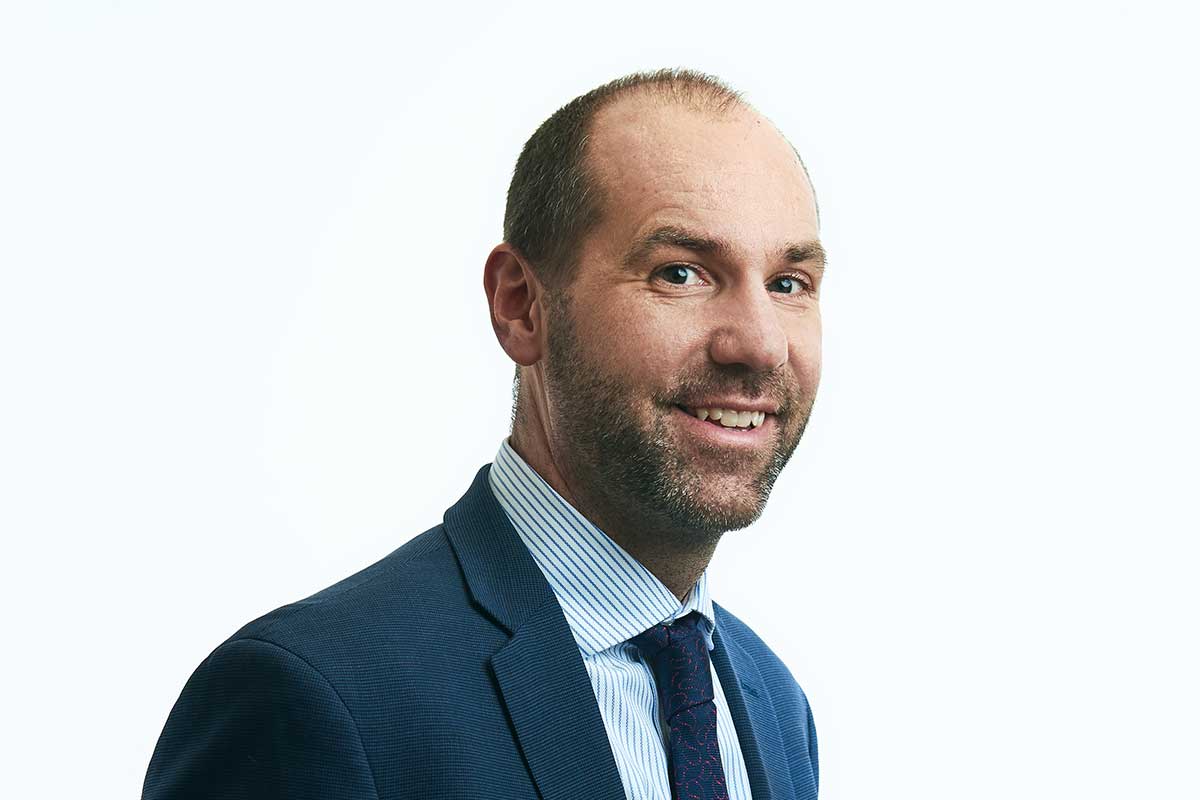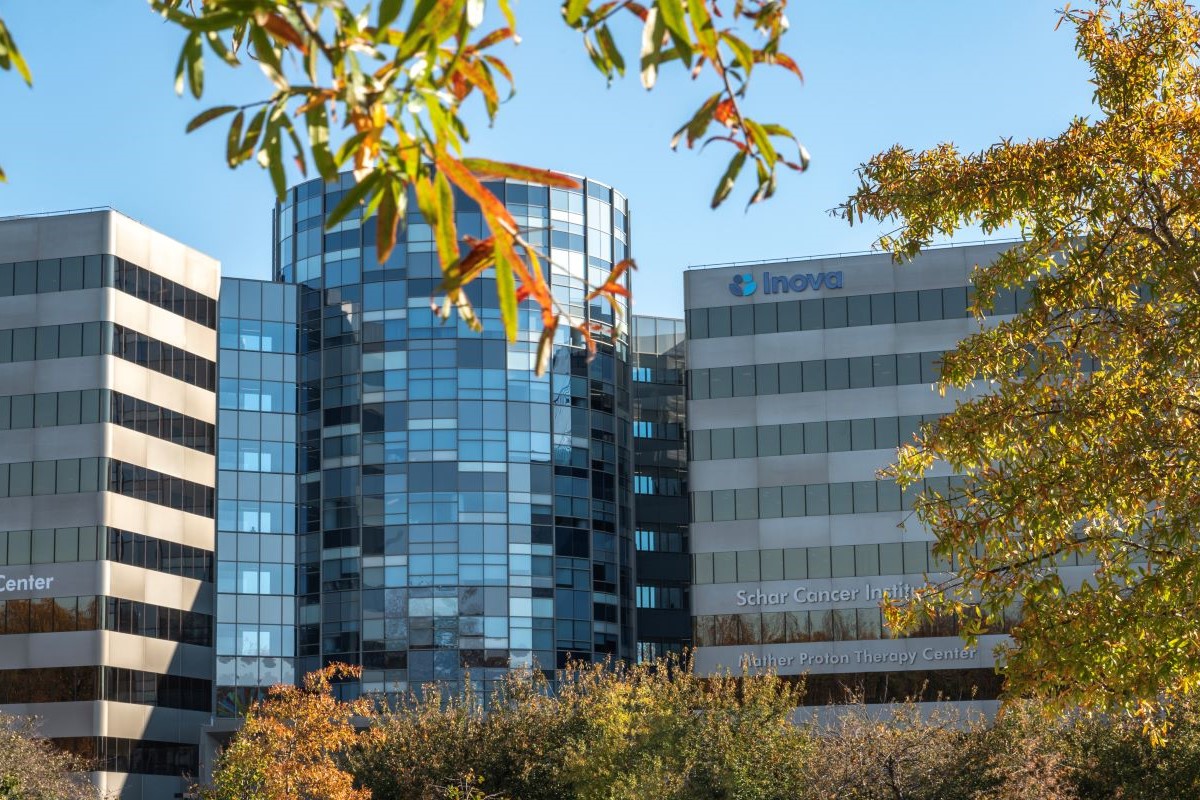
In 2016, Inova Medical Group’s Dr. Timothy L. Cannon made a treatment goal for a patient with pancreatic cancer. She wanted to attend her daughter’s December wedding. “We had a long conversation with her about what are the odds she will actually be able to go to the wedding,” he recalls. “That was her primary concern. She had accepted that anything after that would be extra. We were just focused on that one goal of getting her to the wedding.”
Not only did she make her goal, but she also saw her daughter give birth and attended her granddaughter’s first birthday. The patient continued to remain in remission as of December 2018. “That was really fun to see her through all that,” Cannon says. “She gives me updates on her granddaughter every time. That’s a really special thing for me.”
Cannon was inspired to change his economics major at Brigham Young University to pre-med during the summer between his sophomore and junior year. While playing a pickup basketball game in Roosevelt Park in his native New Jersey, he fractured his ankle. “I wasn’t very impressed with (the doctor’s discussion of his ankle) or his care,” he recalls. “I thought ‘Man, I’d like to do this but do it a little bit better.’ At the time, I wasn’t thinking cancer. I was just thinking medicine in general.”
Cannon graduated from Rutgers Medical School. During his residency at George Washington University Medical Center, he initially chose emergency medicine as his specialty but decided to do a rotation in oncology. He saw a lymphoma patient going through chemotherapy and witnessed the disease retreat as a result of the treatment plan. “I found that really exciting and I said, ‘I think I want to be a cancer doctor.’”
He completed his fellowship at New York University School of Medicine Hematology/Oncology in 2011 and has worked at Inova Medical Group for six years with a focus on gastrointestinal malignancies. “I try very hard to give (patients) a complete picture and give them all the news they need to make a decision, but also do it in a very sensitive manner,” he says. “I know they are really frightened, and understandably. They have some trepidation about the treatment but also their prognosis. I think that the best thing that a doctor can do is to help them prepare for the worst but hope for the best.”
Every Tuesday morning and Friday at noon, Cannon serves as clinical director and moderator of Inova’s Molecular Tumor Board. The group discusses the genetic and molecular makeup of patients’ tumors and try to find appropriate treatments (usually targeted therapies rather than chemotherapy) or clinical trials for them. “A lot of my most rewarding experiences have happened while participating in that tumor board,” he says recalling a stage 4 patient with small intestinal cancer. The group found an immunotherapy for him to partake in and he remains in remission two and a half years later.
The board was created in 2015 and began reviewing cases in March 2016 with Cannon volunteering to lead the board. “I wanted to moderate the meeting in a way that other clinicians will be able to understand,” he says. “I wanted to learn enough about genomics and molecular medicine to be someone that could be a go-between or a moderator between the scientists and the clinicians. I would help connect these two entities and make it so the people with the incredible scientific training and knowledge could really work well with the physicians that are clinicians like me.”
There is an emotional toll to being a cancer doctor, Cannon admits. He will sometimes go home to his wife and three children worrying about patients. “I really love my job, and so I feel grateful to be able to work with people in this vulnerable, emotional state,” he says. In his downtime, he will get engrossed in activities such as watching college sports, reading historical nonfiction and bowling.
The best part of Cannon’s job is a love for the dynamic nature of oncology. “Things are changing very quickly,” he says. “It’s a specialty where the changes year to year are much more dramatic than in other sub-specialties. I love following the research. I love learning.”
Want more health content? Subscribe to our weekly newsletter.




